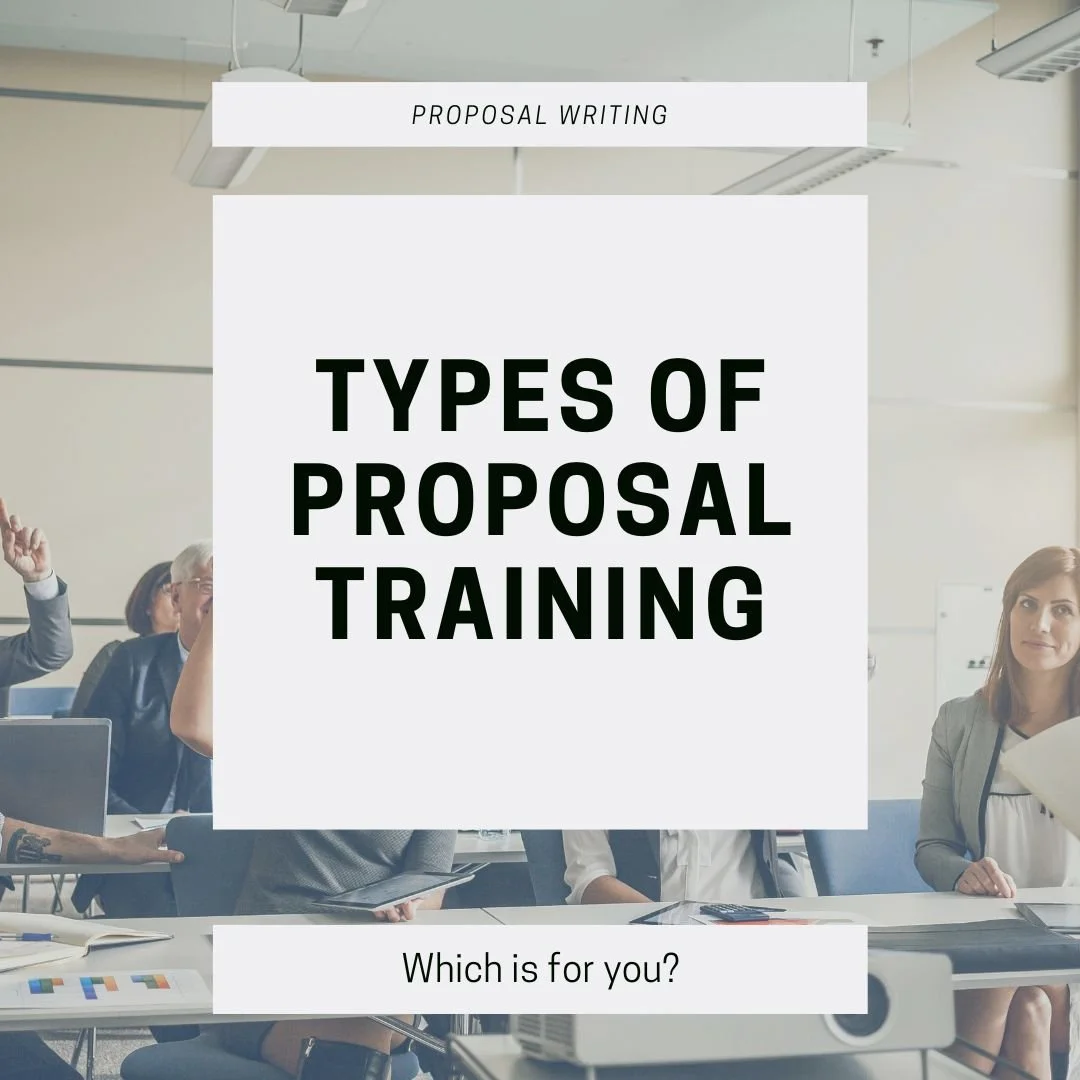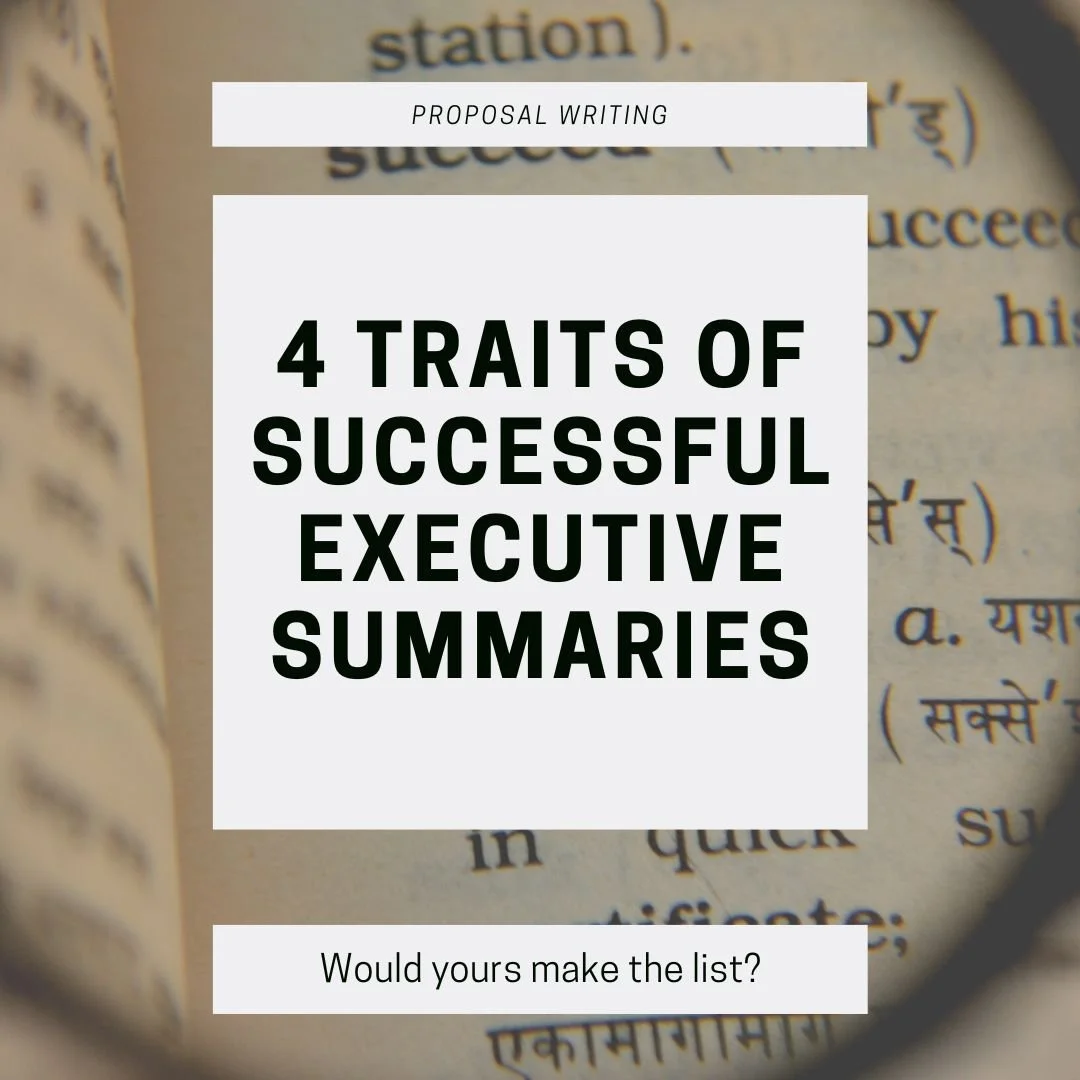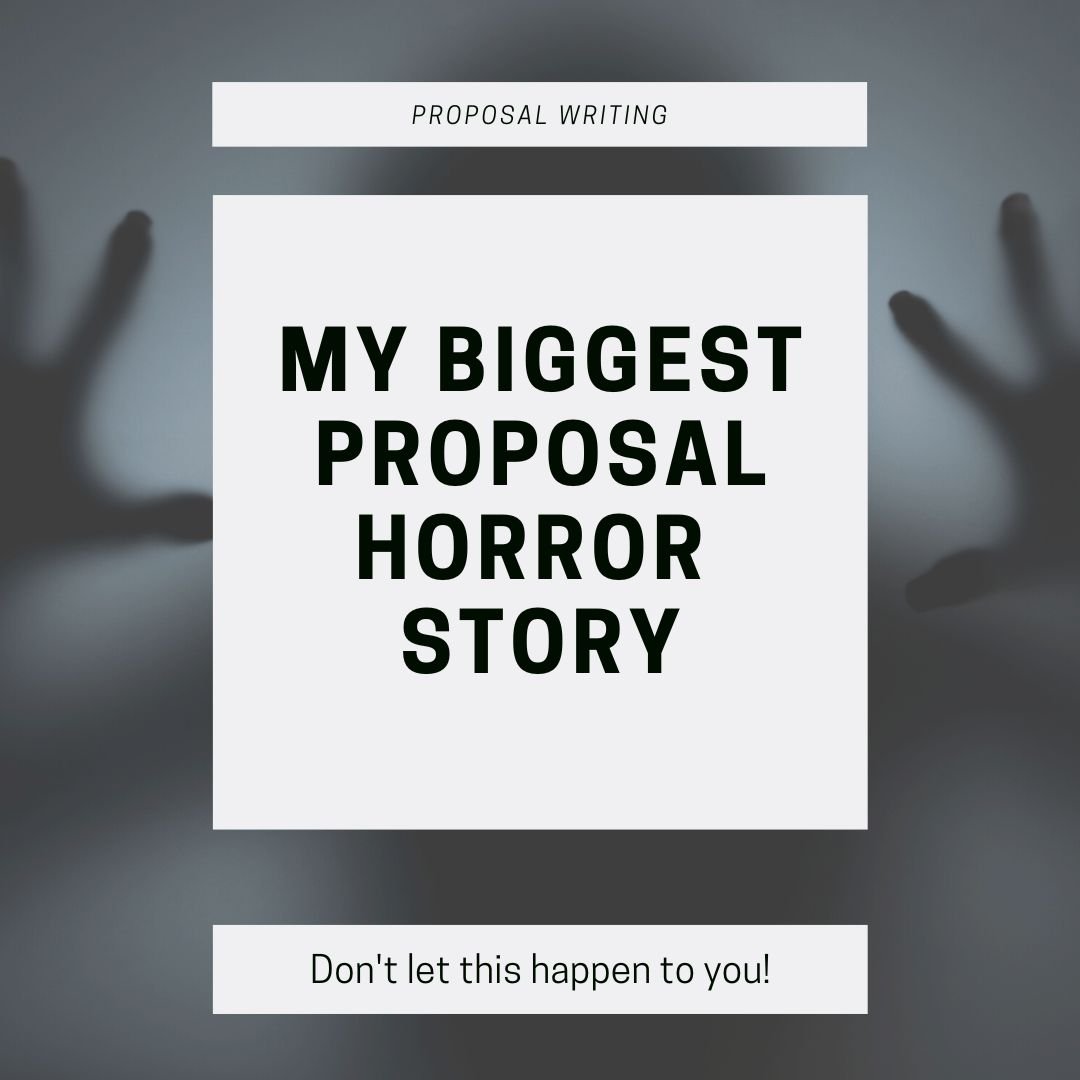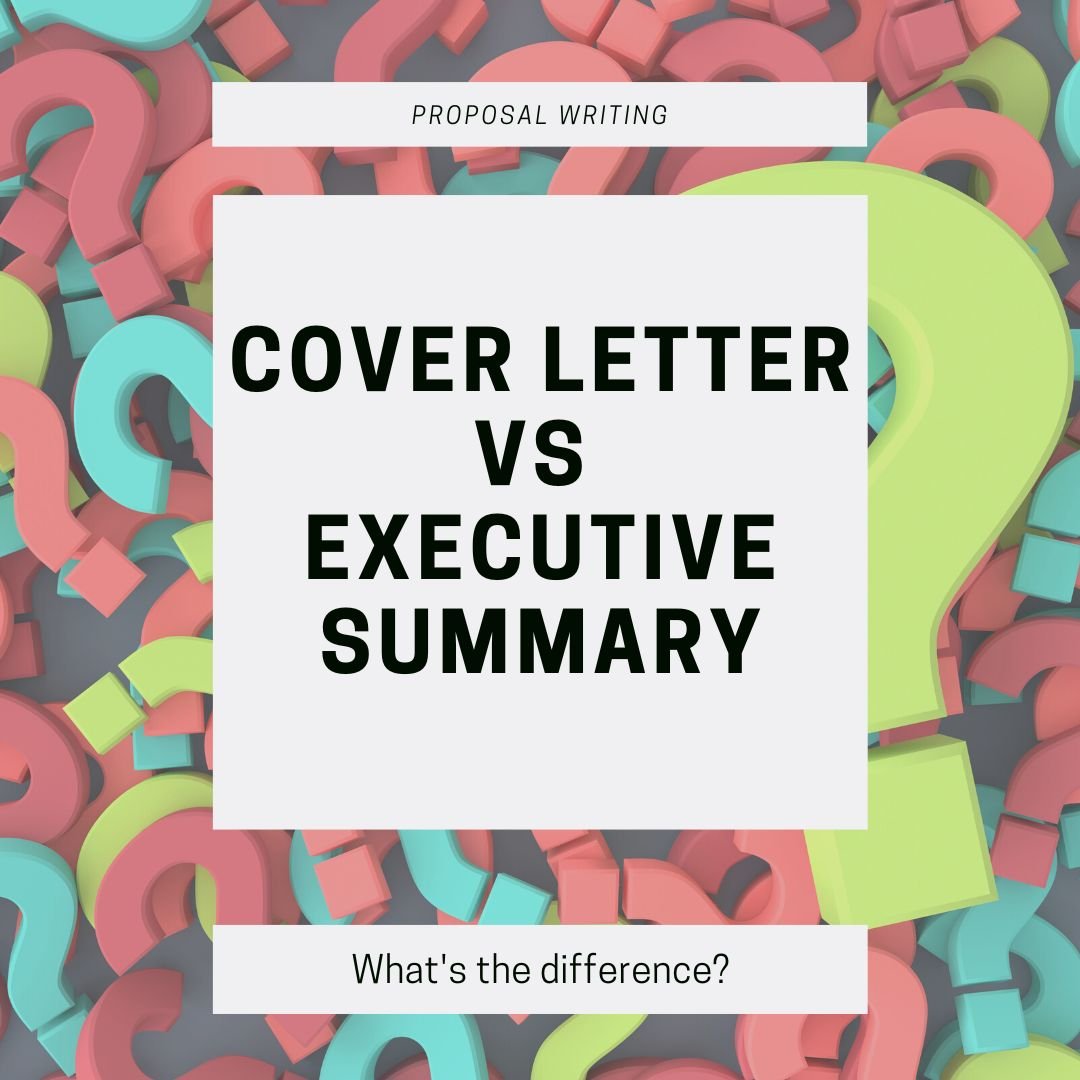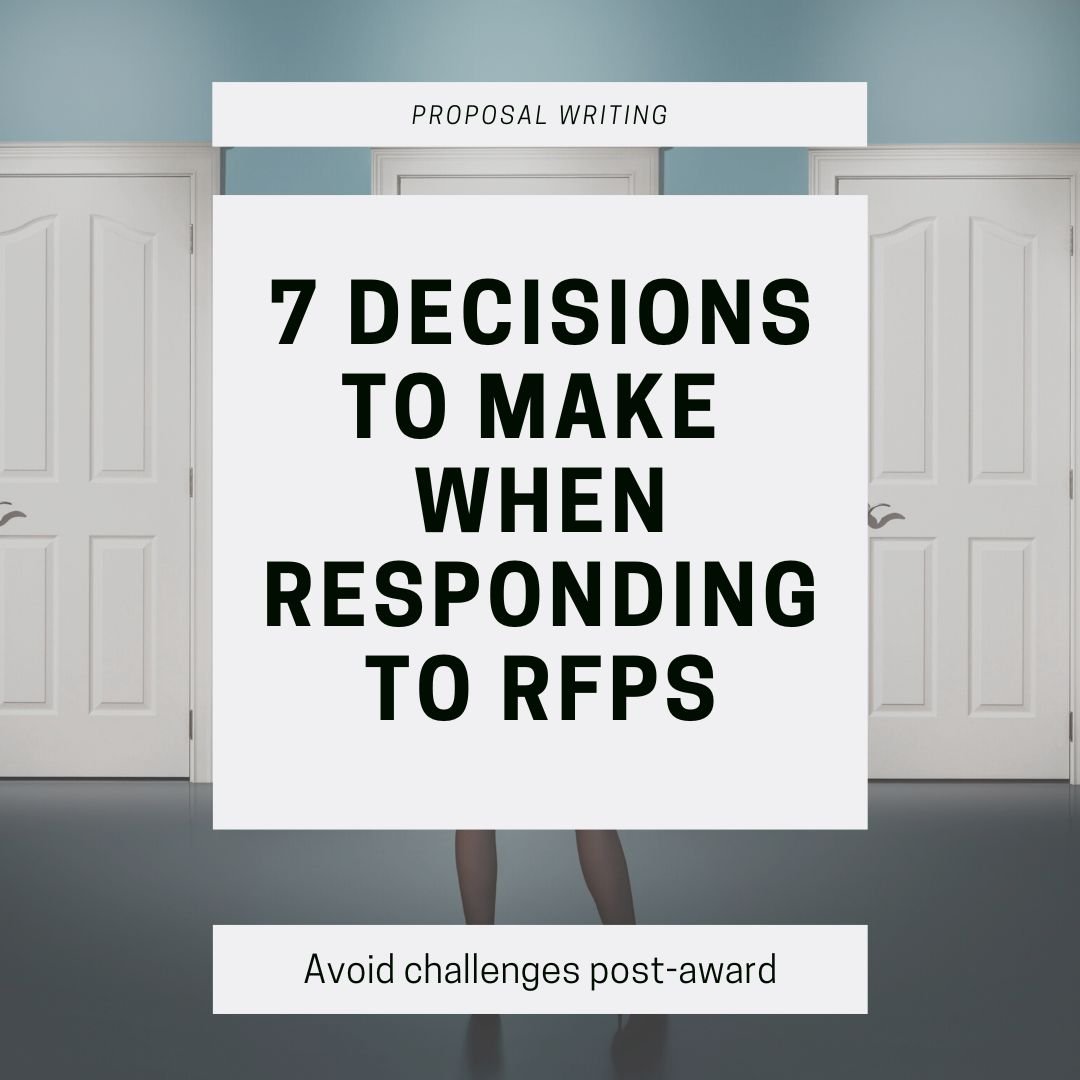One of the most recognized proposal processes is the Shipley Proposal Process. The Association of Proposal Management Professionals (APMP) recognizes Shipley as a top process and offers certification on it.
While it is an excellent process used by many major organizations, for some smaller teams, Shipley can be overkill. If your team consists of only a handful of people (or maybe even just you) and you respond to fairly simple RFPs, then the full process may cause more pain than benefit.
That’s why we follow a simplified version to reap the benefits without having to fill out a robust team with more meetings than are needed.
Read More


